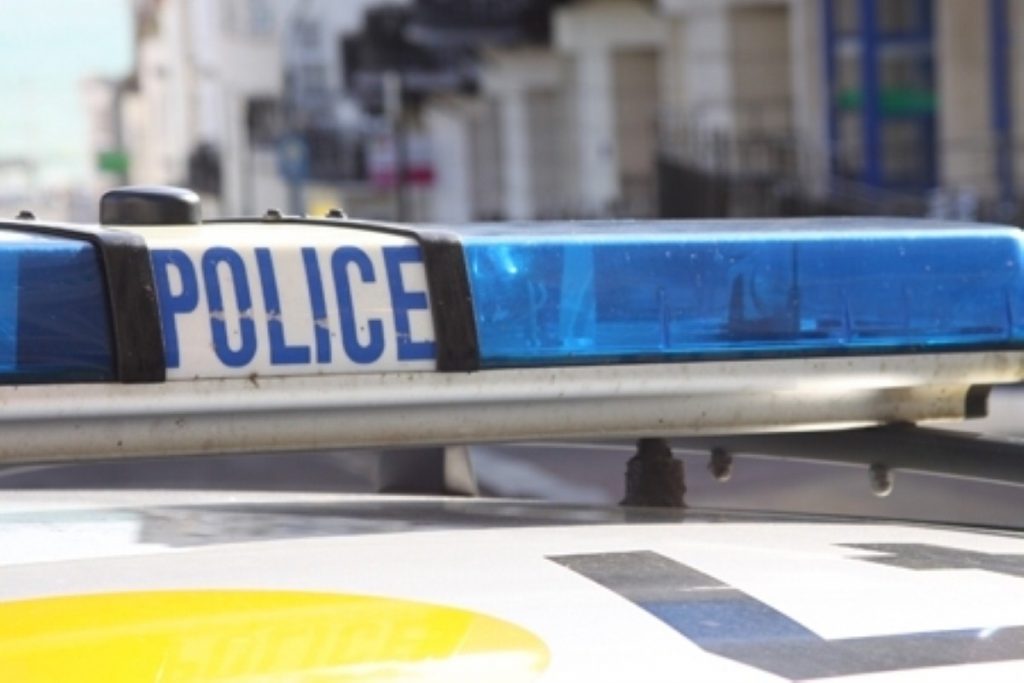Police officers ‘can’t speak to their parents’ about commissioner elections
A police officer barred from advising his parents on who to vote for in tomorrow's elections has said his colleagues have been "gagged" from helping voters.
PC John Apter, chairman of Hampshire's Police Federation, said the 3,500 officers he represents are deeply frustrated by the legal restrictions imposed on them during the campaign period.
Under the terms of the Police and Crime Commissioner Elections Order 2012, police officers are barred from offering guidance to others about who to vote for – or even encouraging or dissuading people from voting.
Guidance issued by the Association of Chief Police Officers warns: "At its most literal, this could mean that any well-meaning officer who encourages the electorate to become involved in the elections would be acting contrary to the law and liable to prosecution, regardless of the fact they are not endorsing any political situation."


PC Apter, who speaks on behalf of Hampshire's 3,500 police officers, said his elderly parents had asked him for advice because they are not familiar with the candidates' policies.
Critics have complained a lack of awareness about those standing is a direct consequence of the government's decision to replace the usual candidate mailout with a website containing the information.
"I said 'mum, it's bizarre, I can't tell you, because it's against the law'," Apter explained.
He later tweeted: "The world has gone mad."
His concerns reflect those of more senior figures in the police, who have been prevented from expressing their worries about the impact a low turnout in tomorrow's elections could have on public confidence in the police.
Sam Chapman, who has been following the elections closing on TopOfTheCops.com, said the government had introduced the rules to address concerns about the police becoming politicised.
"They've come up with a rule here which is very wide-ranging," he told politics.co.uk.
"The problem when rules are too wide-ranging is they begin to impinge upon people's personal freedom.
"What an officer gives as advice to their parents in their private lives really doesn't have very much to do with the office that they hold and is unlikely to compromise it."
Apter said his "democratic rights" had been "sat upon". "I'm frustrated because I can't speak more openly," he added. "That just shows you the absurd situation we are put in."
The Acpo guidance also urges police officers to strive to be neutral when it comes to any kind of contact with candidates.
It asks them whether their activity appears to favour one candidate over another, or influence the outcome of the election in any way.
"By adhering to these essential principles, any ambiguity surrounding impartiality will be eradicated," Acpo's guidance notes.
Apter said that officers were "passionate about policing" and had had their views blocked by the government.
"We feel we know what is right for policing, but we're forbidden from having an opinion in this very important time," he said.

